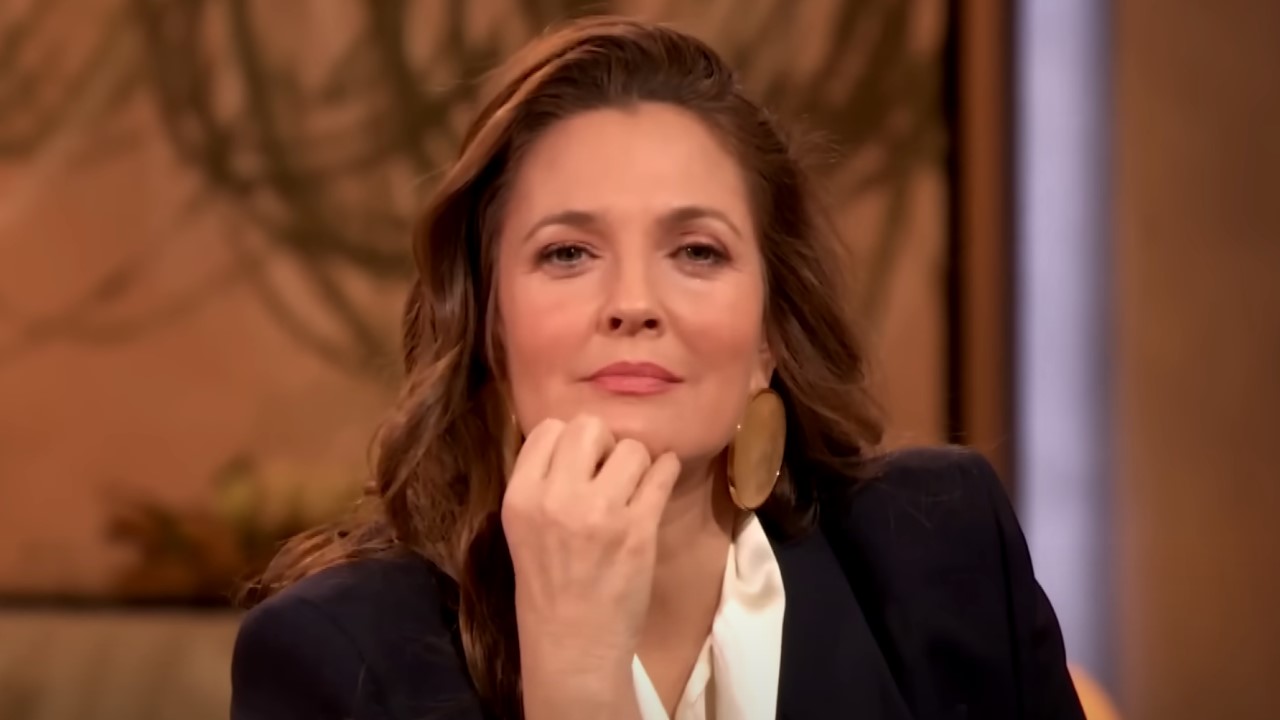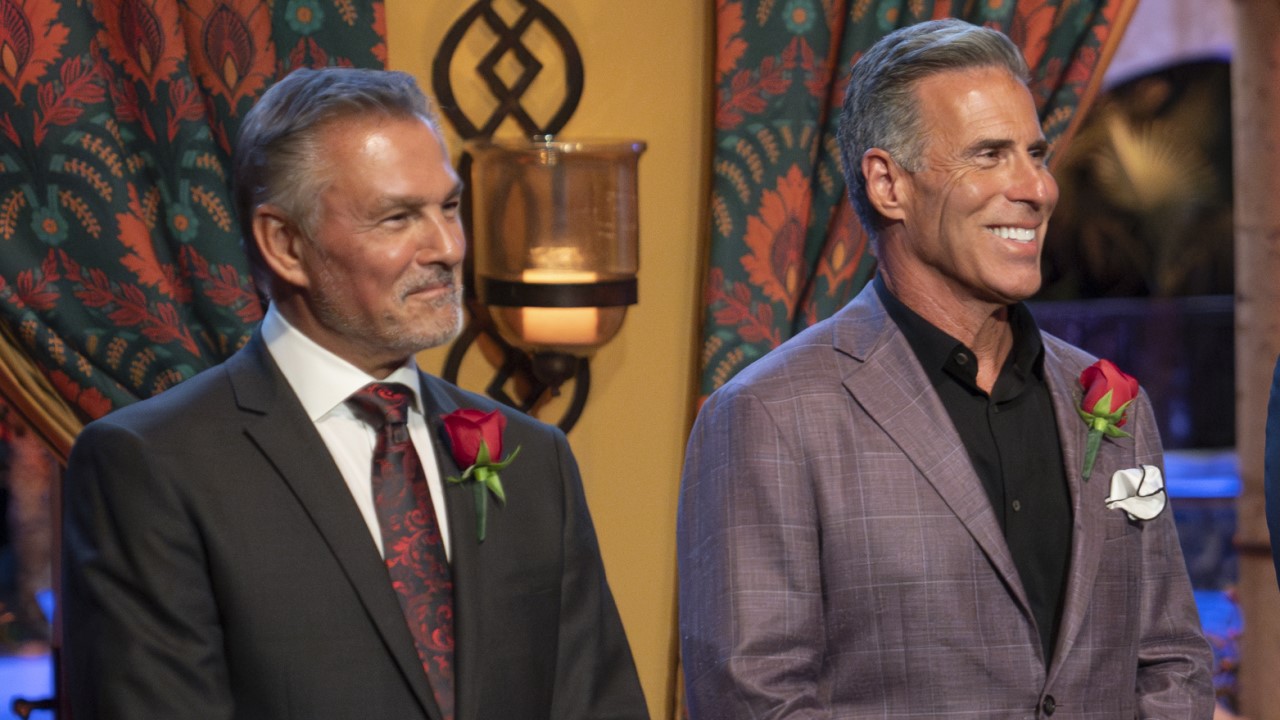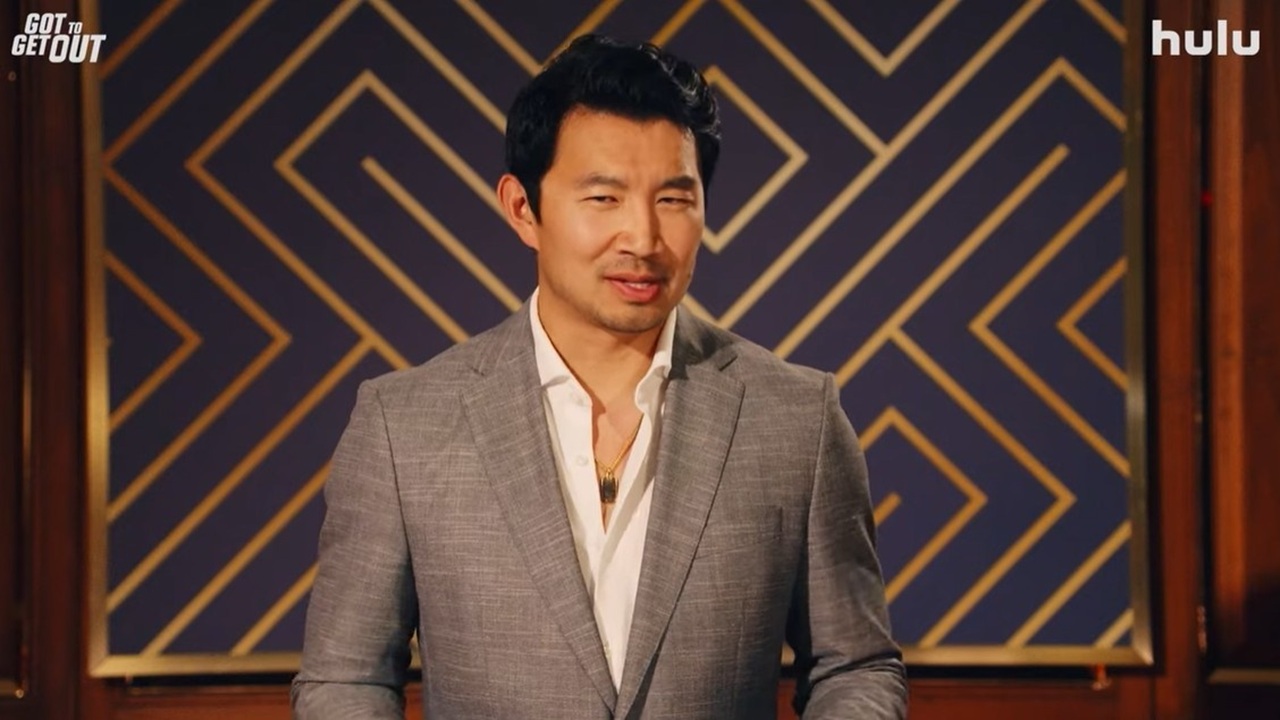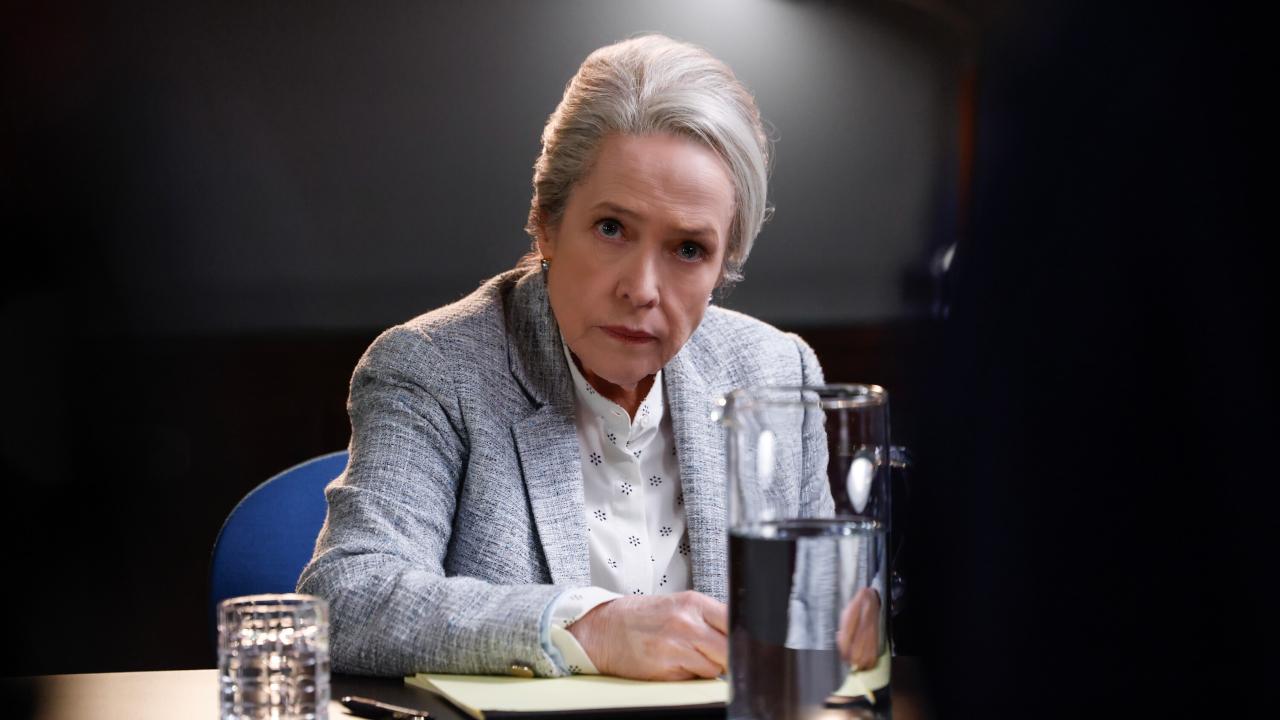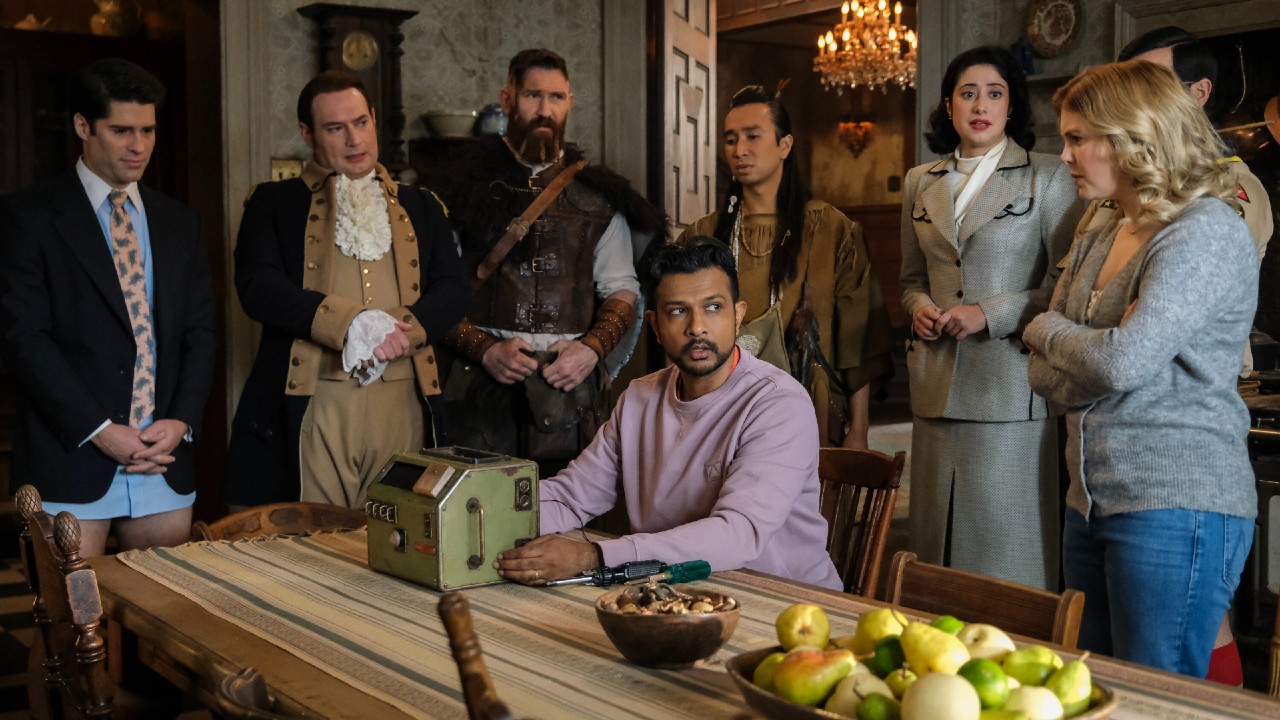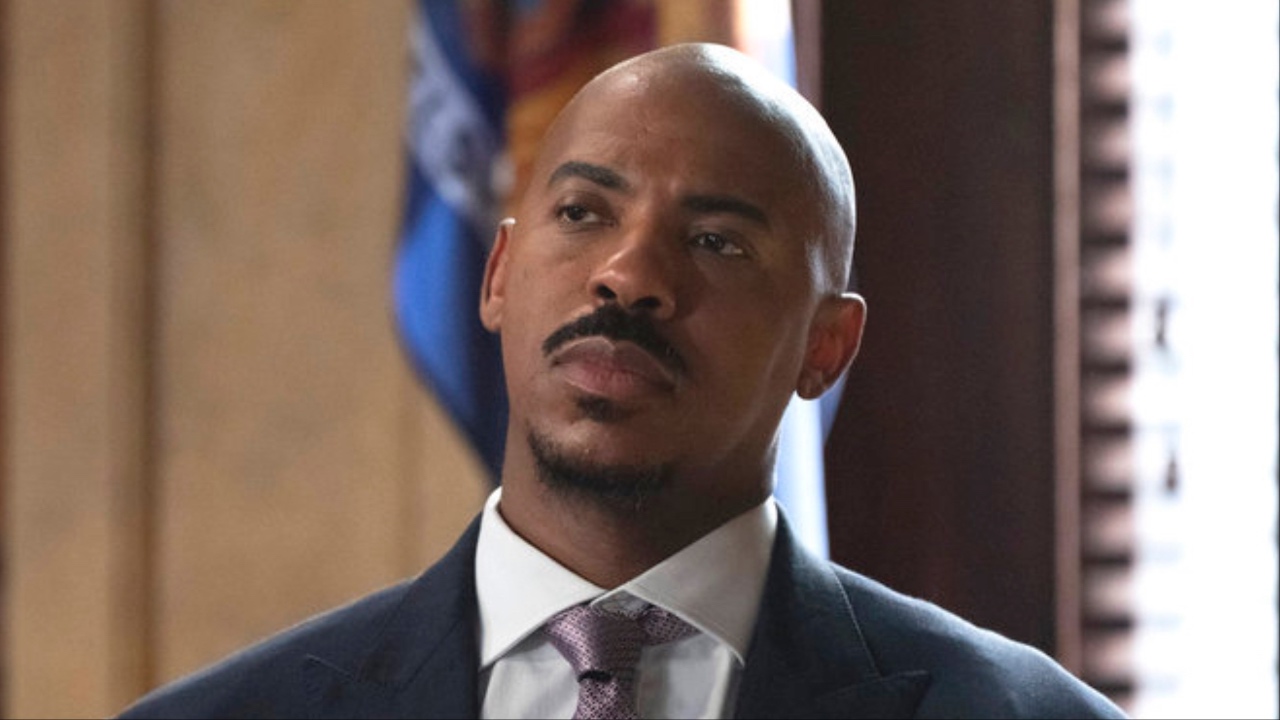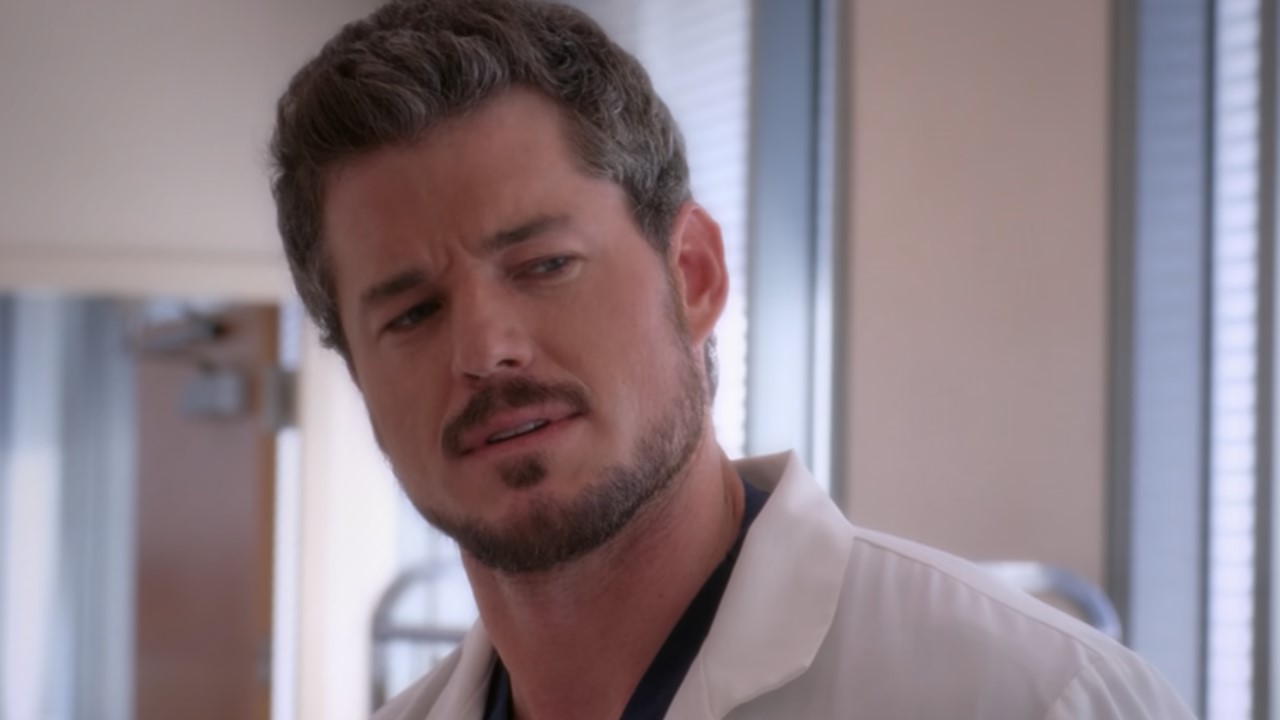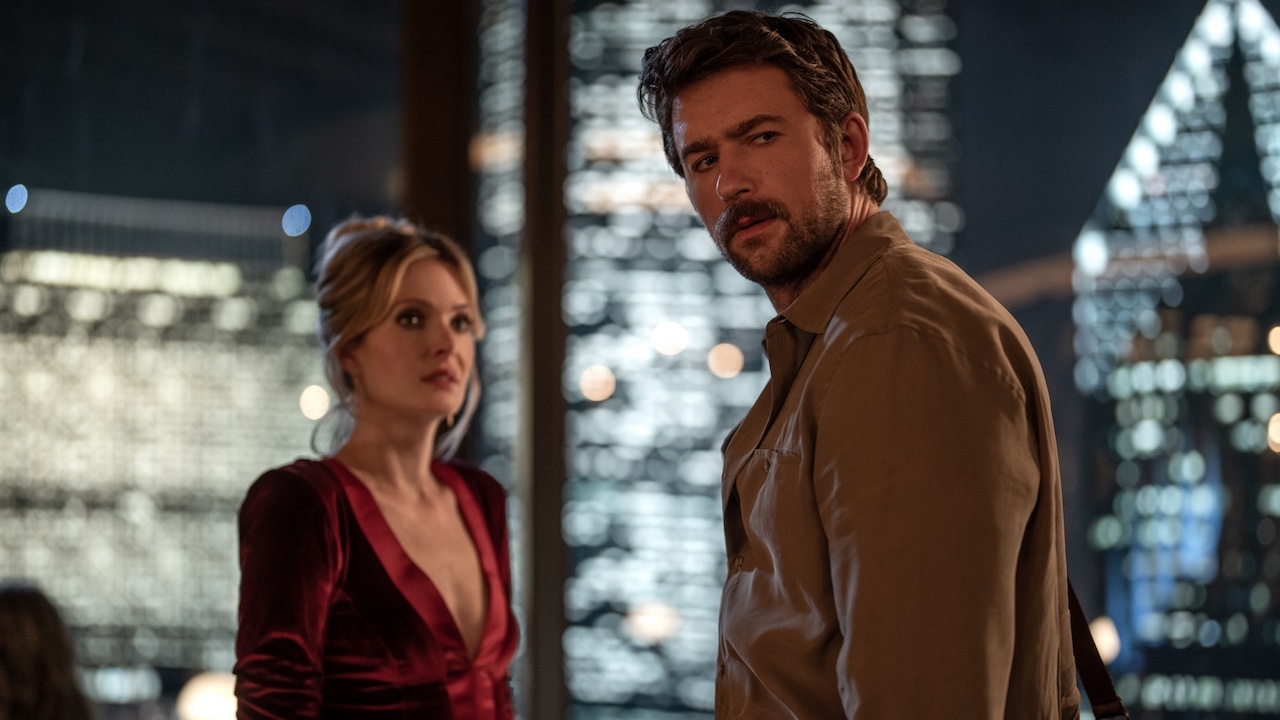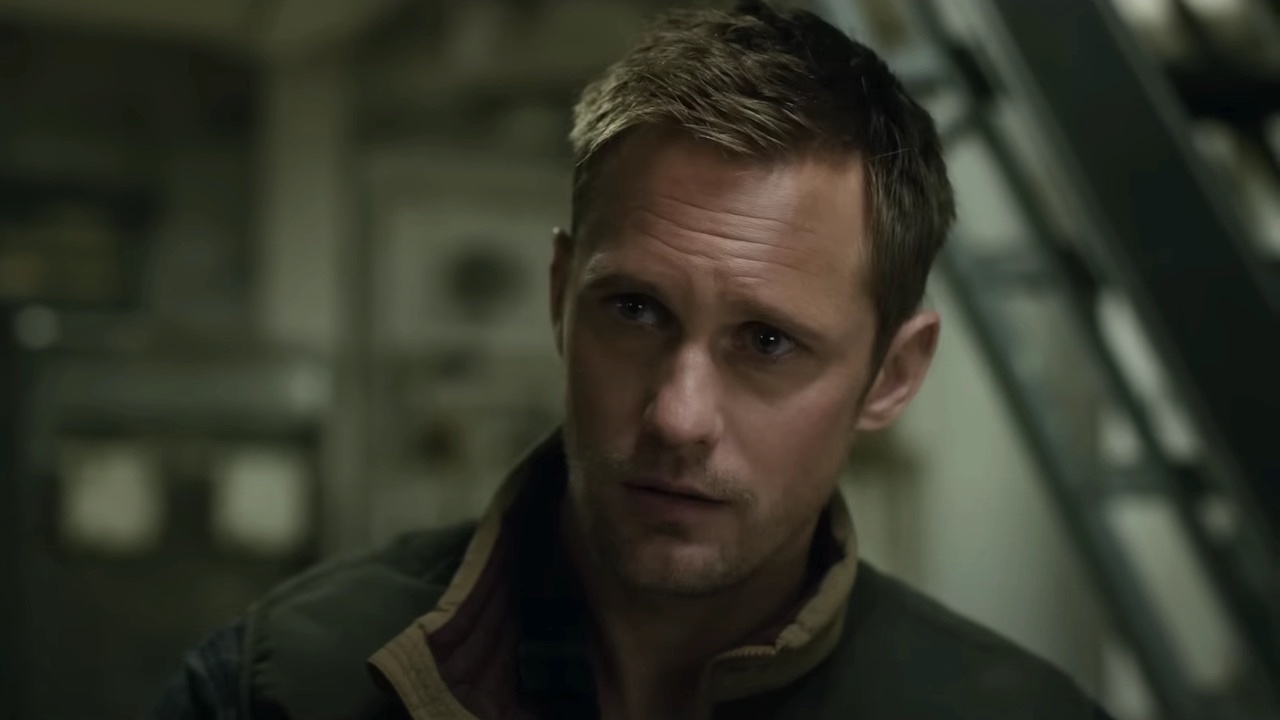Richard Jewell: How Historically Accurate Is The Clint Eastwood Movie?
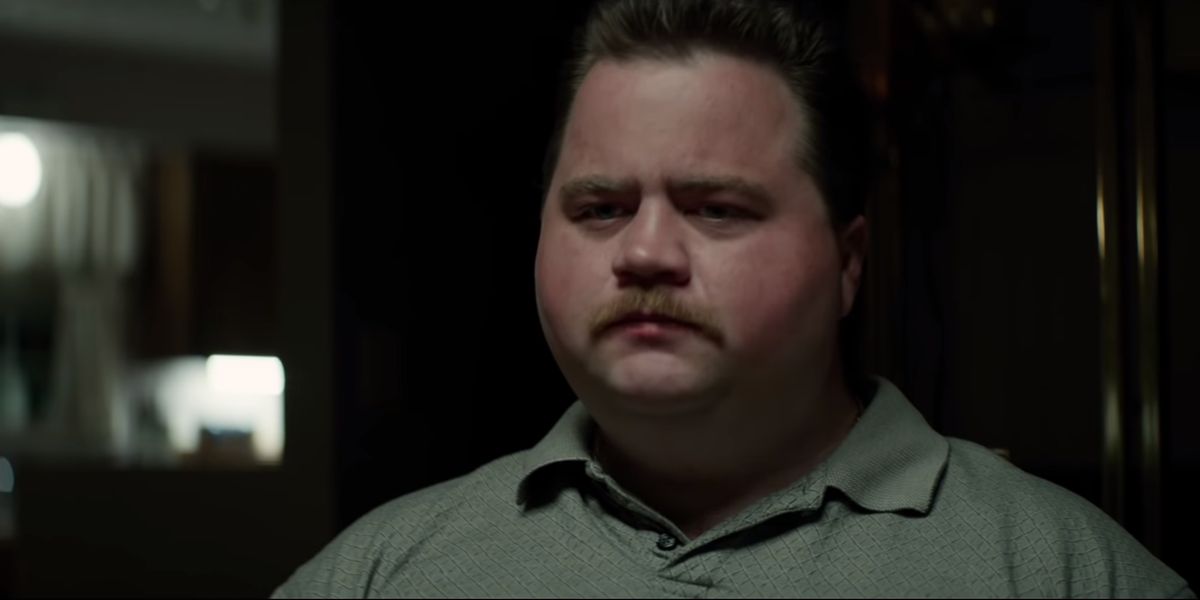
Clint Eastwood’s new movie Richard Jewell tells the story of the 1996 Olympic Park Bombing from the perspective of the man who first discovered the explosive device, and was subsequently suspected of having planted it. Many of us will know the general story about the rush to judgment and the media circus that surrounded the innocent man, but just what really happened, and how well does the movie Richard Jewell adhere to the facts?
Unfortunately, there’s still a lot we don’t know, organizations like the FBI aren’t exactly entirely open on how things were handled. However, there’s a lot we do know, and a lot more that’s been confidently reported. Here’s where the movie Richard Jewell diverges from the facts, and where it matches up
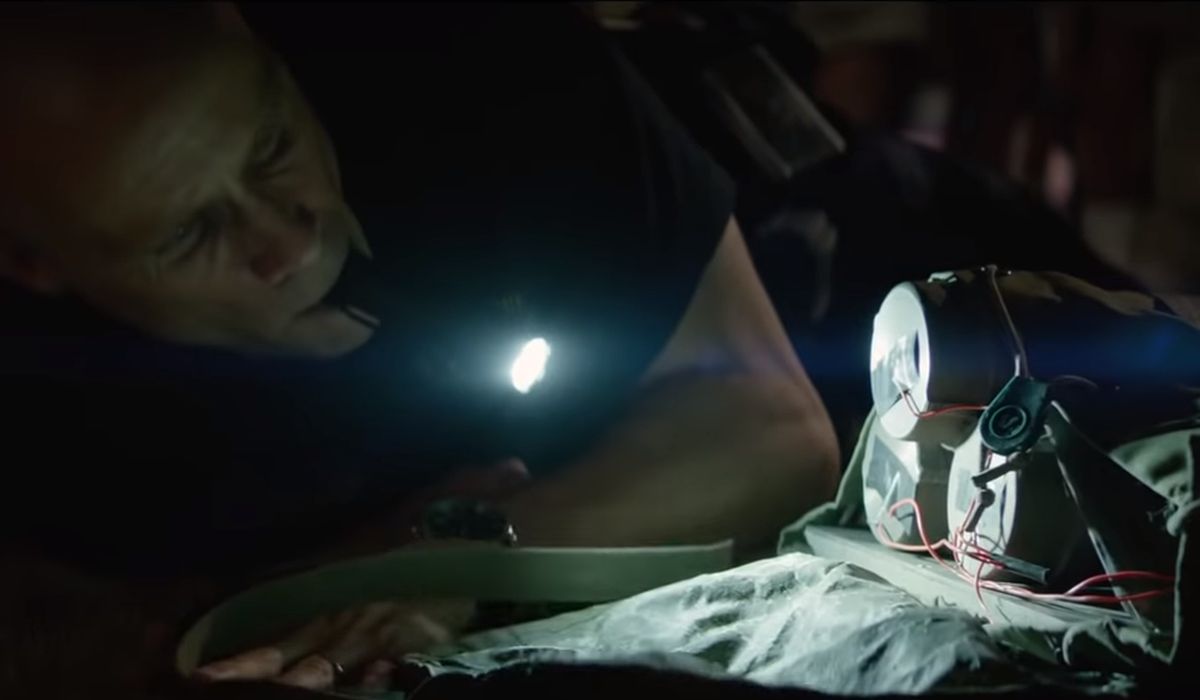
Richard Jewell's Discovery Happened Largely As Shown
While a lot of the details of Richard Jewell get changed to make for a more dramatic story, there’s actually a lot about the movie which is depicted pretty much exactly how it really happened. Including a lot of very small details about the discovery of the bomb.
Richard Jewell really was sick the day it all happened according to "The Ballad of Richard Jewell" an article published in Vanity Fair that formed the basis for the film. Jewell did find the bag holding the bomb after dealing with a collection of disorderly drunks—though they were reportedly adults, not kids as shown in the film— and it was when it was discovered the bag didn’t belong to any of them that Richard realized there was a problem. The bag also shifted at some point, causing most of the explosion to disperse into the air rather than the crowd. The reason the bag was moved is unknown. In the movie, it’s the drunks who bump it, which is certainly possible.
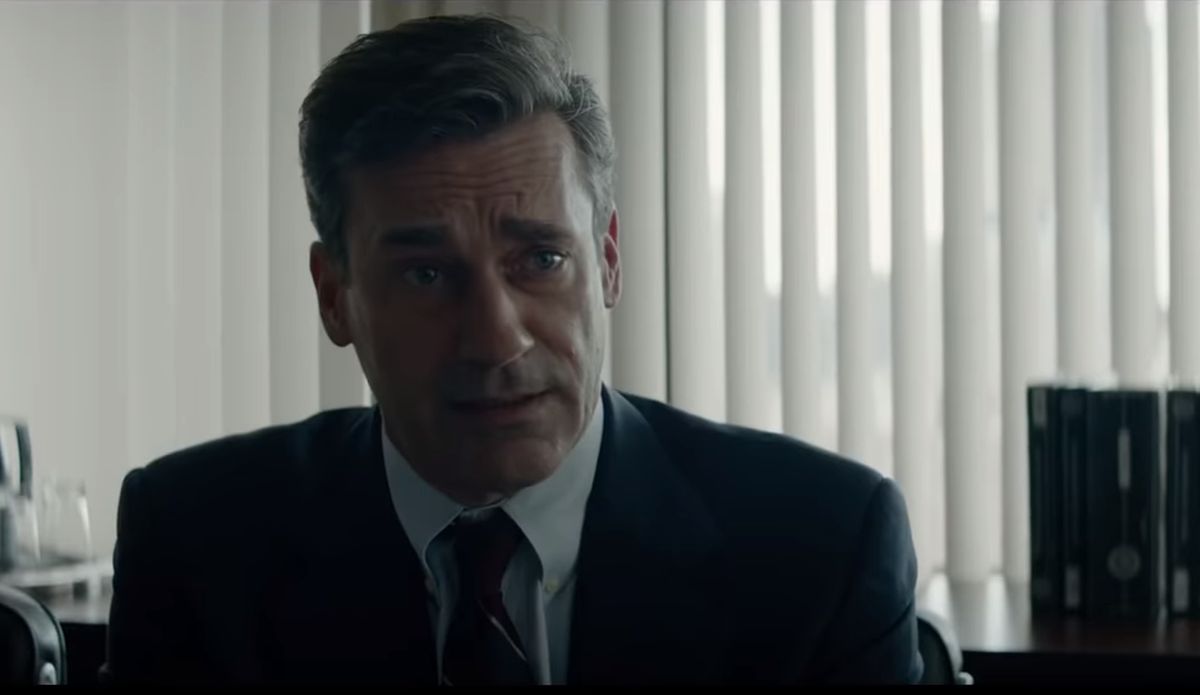
Richard Jewell’s Former Employer Got the Investigation Focused on Him
Prior to Richard Jewell joining the security force overseeing the 1996 Olympics, we see Jewell in the film as a officer at a college, admonishing kids for drinking in their dorm. He runs afoul of the administration, leading to him leaving the school.
That all very much happened. In addition to that, it was apparently the president of Piedmont College, where Jewell was employed, who called the FBI about concerns he had. Jewell really did reportedly overstep his bounds, including pulling people over on the highway near the school.
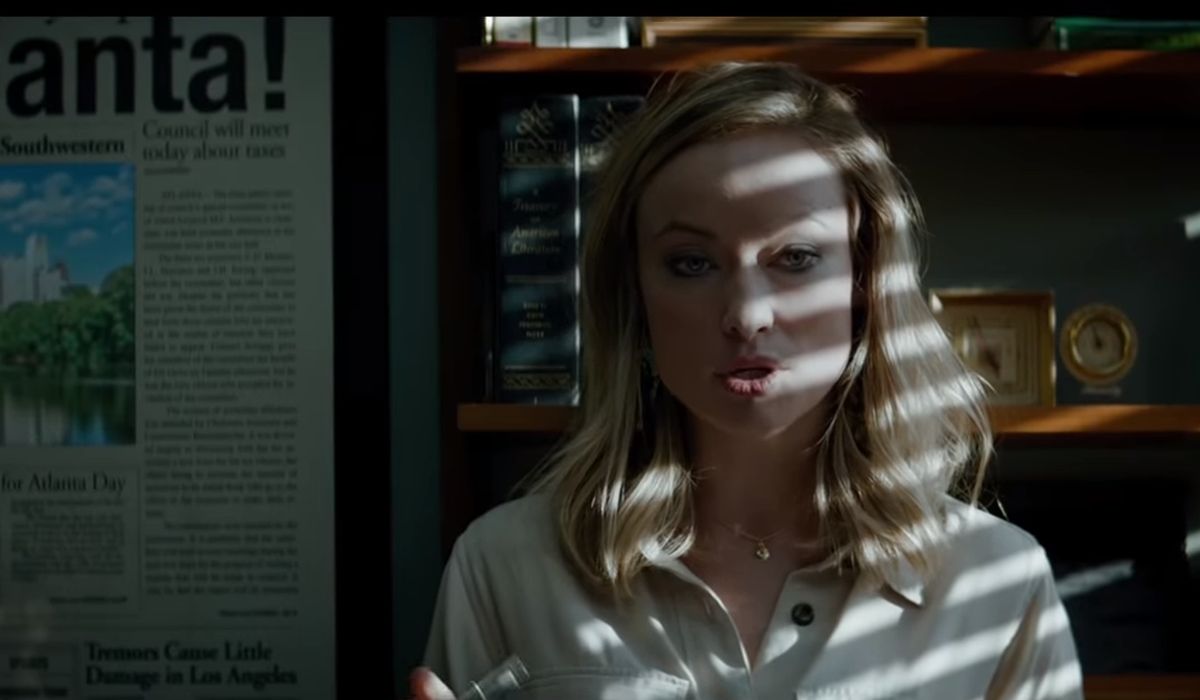
Olivia Wilde's Character Is A Topic Of Debate
Olivia Wilde plays newspaper reporter Kathy Scruggs in Richard Jewell. From all accounts, Scruggs was something of a wild card who was described as having a “hard edge,” and that’s very much how she is portrayed in the film. However, there are mainly claiming the characte'rs portrayal in the film is far from accurate.
CINEMABLEND NEWSLETTER
Your Daily Blend of Entertainment News
In the movie, we see Wilde's character offer to sleep with the FBI agent in charge in order to get the information on Richard Jewell. Kathy Scruggs former employer, the Atlanta Journal-Constitution, is adamant that never happened and people who knew Scruggs say that's not something she would ever do.
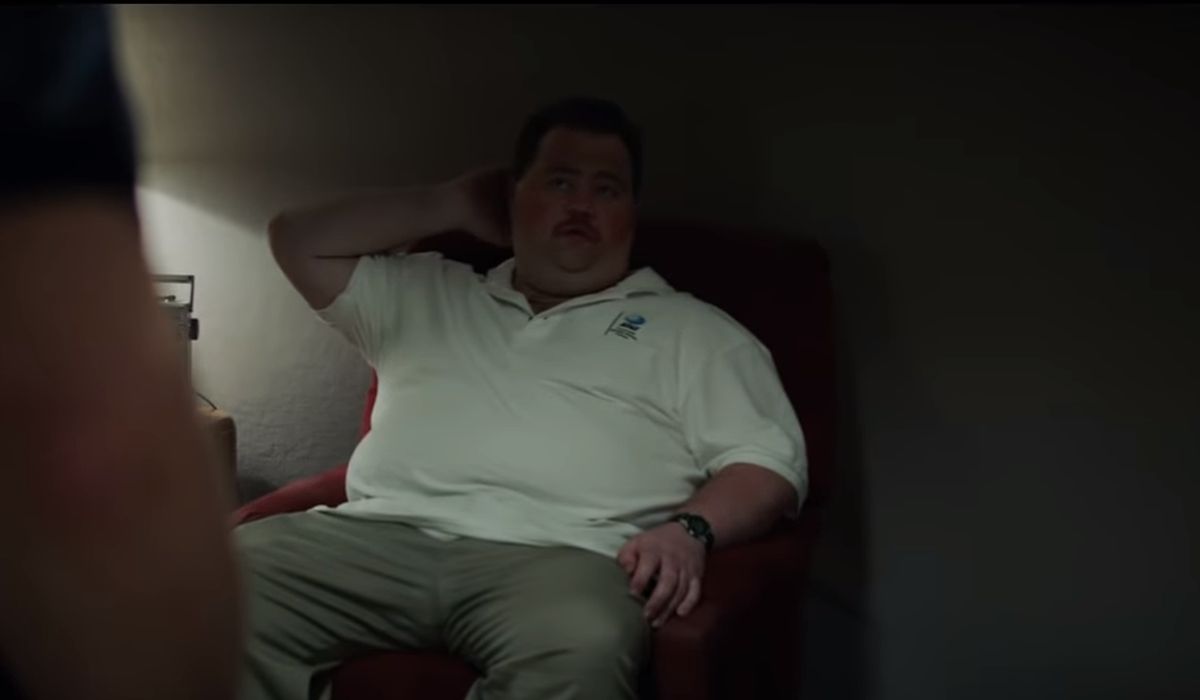
The FBI Really Did Try To Trick Richard Jewell With A Fake Training Film
The FBI begins investigating Richard Jewell before Richard actually realizes he’s being investigated. He still thinks he’s being hailed as a hero at first, and in the movie the FBI use that to try and trick Richard into admitting something about the bombing.
Vanity Fair confirms that, right down to being tailed by a fleet unmarked cars on the way to the FBI field office, the training film ruse was what got Jewell into their offices. Richard really did believe he was helping the agents make a training film, until they tried to get him to sign statement waiving his rights. When that happened Jewell realized more was going on, and he called his lawyer.
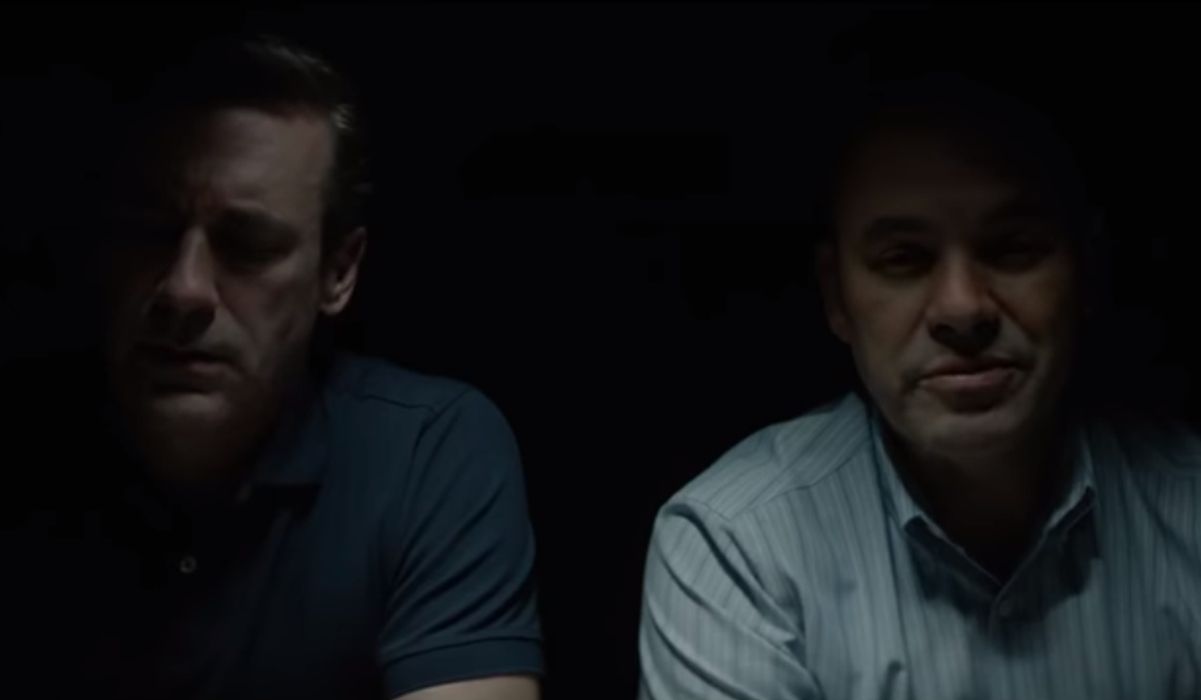
Richard Jewell's Voice Sample Wasn’t Taken Without His Lawyer’s Approval
Even if you’ve only seen the trailer for Richard Jewell, you know the scene where a pair of FBI agents get Jewell to record himself repeating the words of the 911 call that warned authorities of the bomb. In the movie, the two lead FBI agents ask Richard to do this while his lawyer is being distracted by the media, so he can’t object.
However, in reality Richard Jewell’s friend and lawyer Watson Bryant, was notified directly of the FBI’s desire for the voice exemplar, they attempted two get the voice sample along with Jewell’s hair and palm prints, not during the search warrant sequence the movie shows. Also, in the end Bryant put a stop to the FBI getting the voice sample at that point. It’s not clear if the FBI ever made a successful attempt.
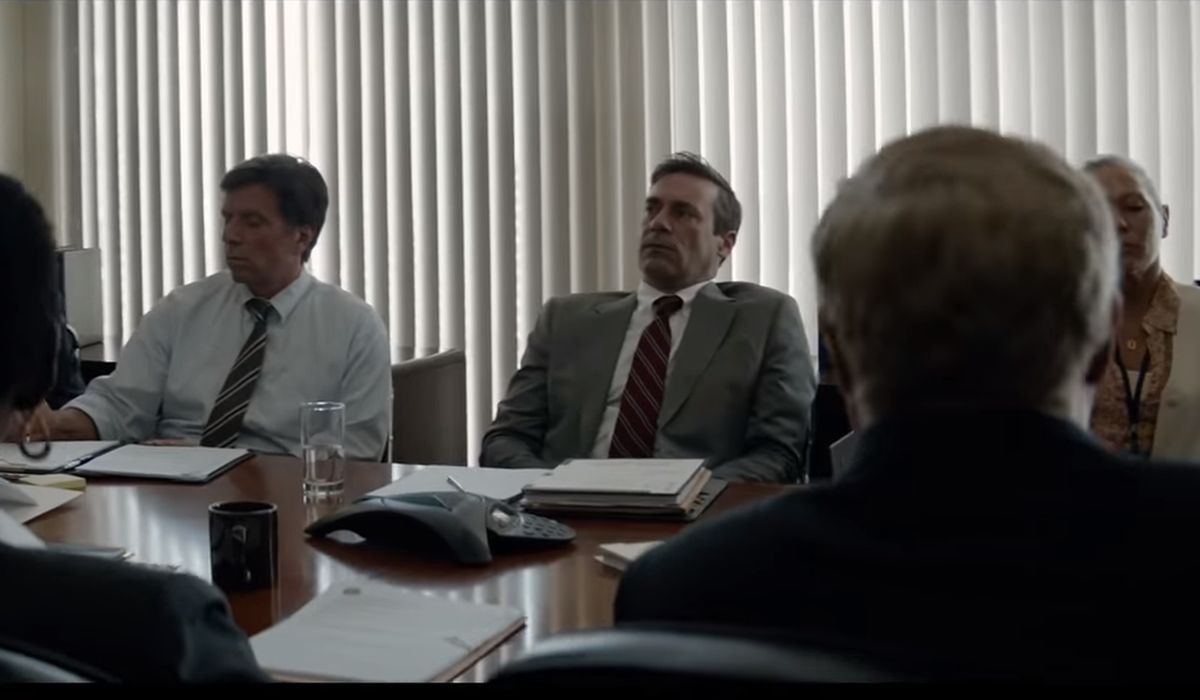
The Richard Jewell Investigation Was Bigger Than The Movie Shows
The FBI investigation in Richard Jewell is led by Jon Hamm’s Tom Shaw. He’s an agent who seems to be single-mindedly focused on investigating Jewell. Shaw the man doesn’t really exist. While nearly all the names in Richard Jewell are unchanged, the names of the FBI agents in charge have been.
However, from all accounts, the agents on the ground in Atlanta weren’t actually the ones in charge of the investigation. While we see a little pressure from higher ups on Hamm and Ian Gomez's "Dan Bennet" who is also a fictionalized agent, the pair seem to be mostly in charge. The truth for all indications is that the actual agents in charge in Atlanta were largely taking orders from others. Vanity Fair cites sources which state the FBI director at the time was reportedly directly involved in the investigation and frequently made decisions about the course of action.
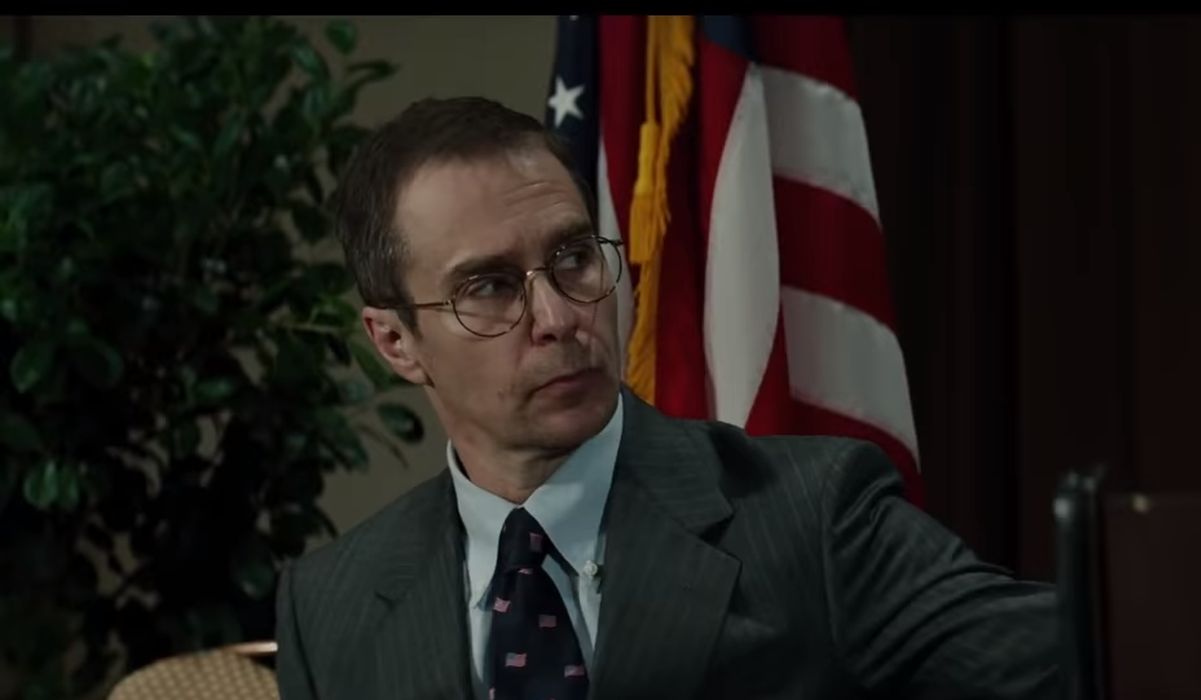
Richard Jewell Had Other Lawyers
In Richard Jewell Sam Rockwell plays Watson Bryant, an acquaintance of Jewell that becomes his lawyer, even though criminal law was not his practice. It’s true that Bryant was the first lawyer Richard Jewell called, and he was in many ways the public face of the defense, but he wasn’t the only lawyer Richard Jewell had.
Near the end of the 1996 Olympics, Watson Bryant was afraid the FBI might be close to actually arresting Richard Jewell, and knowing he wasn’t the right man to handle that, he brought in a criminal lawyer. In addition, after Richard Jewell was sued by some of the bombing victims, a litigation firm was also brought on to deal with that side of things. The legal team worked together, frequently divisively, for the duration of the case. It was actually the criminal layer, not Bryant, who attended the final FBI interview of Jewell depicted in the film.
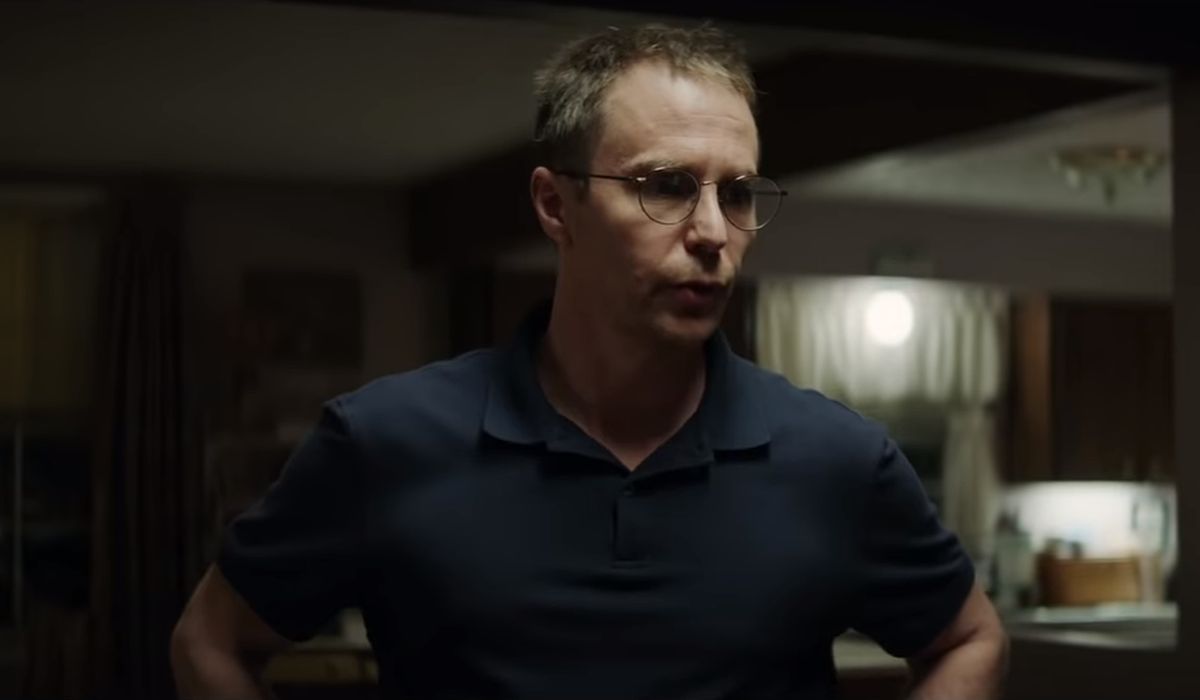
Richard Jewell's House Wasn't Bugged
As part of the ongoing parade of annoyances going on in the life of Richard Jewell over the course of the story, at one point the assistant of Jewell's lawyer Watson Bryant, played by Sam Rockwell, comes into the Jewell apartment to inform everybody that the place is bugged, as is Bryant’s office. There's no actual evidence that anybody was bugged in real life, though that doesn’t mean the FBI wasn’t listening.
While there’s no evidence of bugs and the U.S. Attorney denies phones were tapped, Richard Jewell himself told Vanity Fair he saw agents using sound dish listening devices outside his apartment in an attempt to pick up conversations. Also, the litigation firm that was hired to work on Jewell's case believes the FBI watched them in a similar fashion, from a van parked across the street from the office that apparently stayed in one place for 10 days.
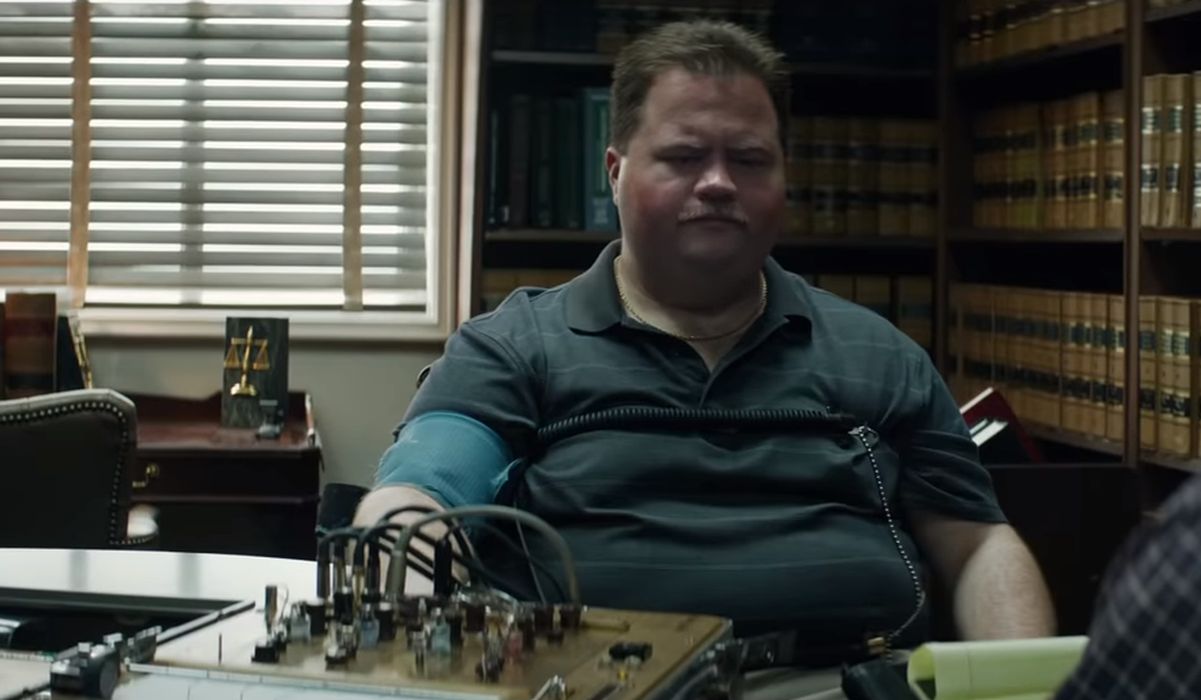
Richard Jewell's First Polygraph Was Inconclusive
The moment where things finally start to break in Richard Jewell’s favor is when he takes a polygraph examination and is found to have “no deception.” There's a clear feeling of relief among Jewell and his lawyer here. While this did happen, it didn’t happen quite the way the movie implies.
Richard Jewell shows the title character taking a polygraph test, but in actually Watson Bryant had two different polygraph tests administered. What we see in the movie is technically the second one, because the first actually came back as inconclusive.
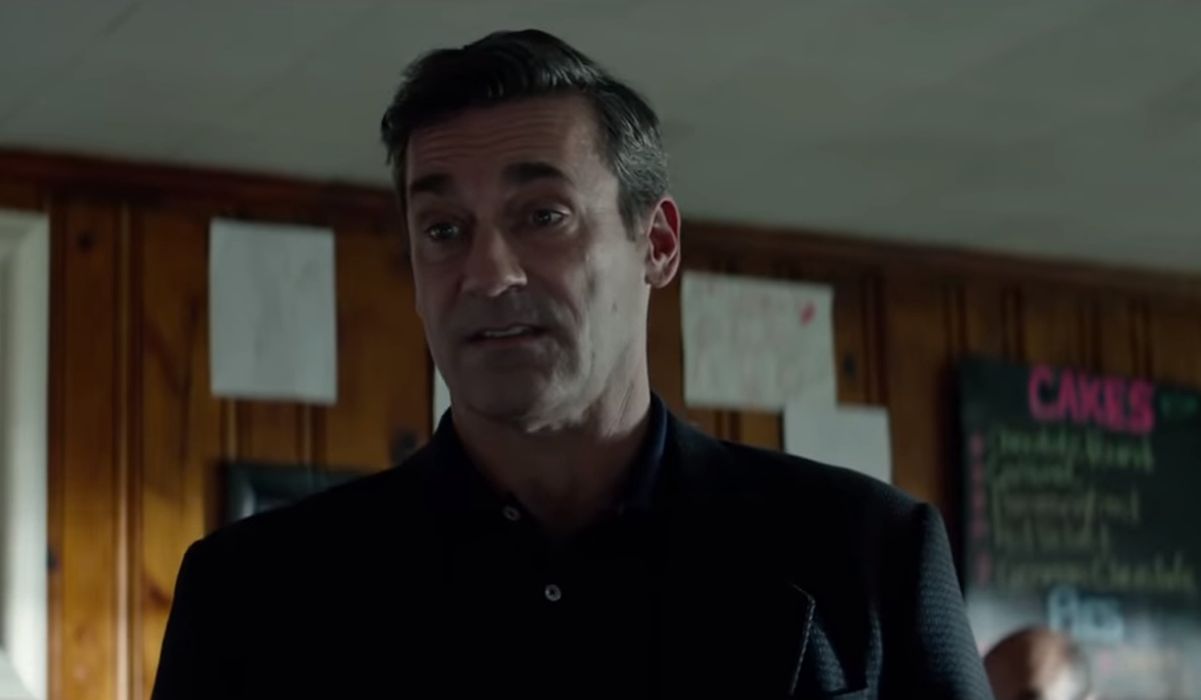
Jon Hamm's Character May Have Actually Believed Richard Jewell Was Innocent
The major character trait of the fictional character of Tom Shaw, played by Jon Hamm is that he is, for some unclear reason, convinced of the guilt of Richard Jewell. Even while hand delivering the FBI’s letter informing Jewell he was no longer a suspect, Hamm’s character says he still believes Jewell is guilty.
While the agents who handled the real case haven’t spoken publicly about it, Richard Jewell claimed, in the Vanity Fair article that was the basis for the new movie, that both agents had privately told him they thought he was innocent, but that directions from higher up were dictating the FBI’s actions. It looks like this character may have had the animosity amped up for dramatic reasons.
There are remarkable number of little details in Richard Jewell that are completely accurate. Richard’s mother’s love of Tom Brokaw was absolutely true. The fact that Jewell kept a piece of debris really happened. Even the fact that when working in Centennial Park, he kept a cooler of water and sodas for cops on duty and pregnant women.
For the most part, Richard Jewell gets it right. Where changes are made are simply in service of the story, but it’s always good to know what parts of a cinematic “true story” you can actually believe and which you can’t.
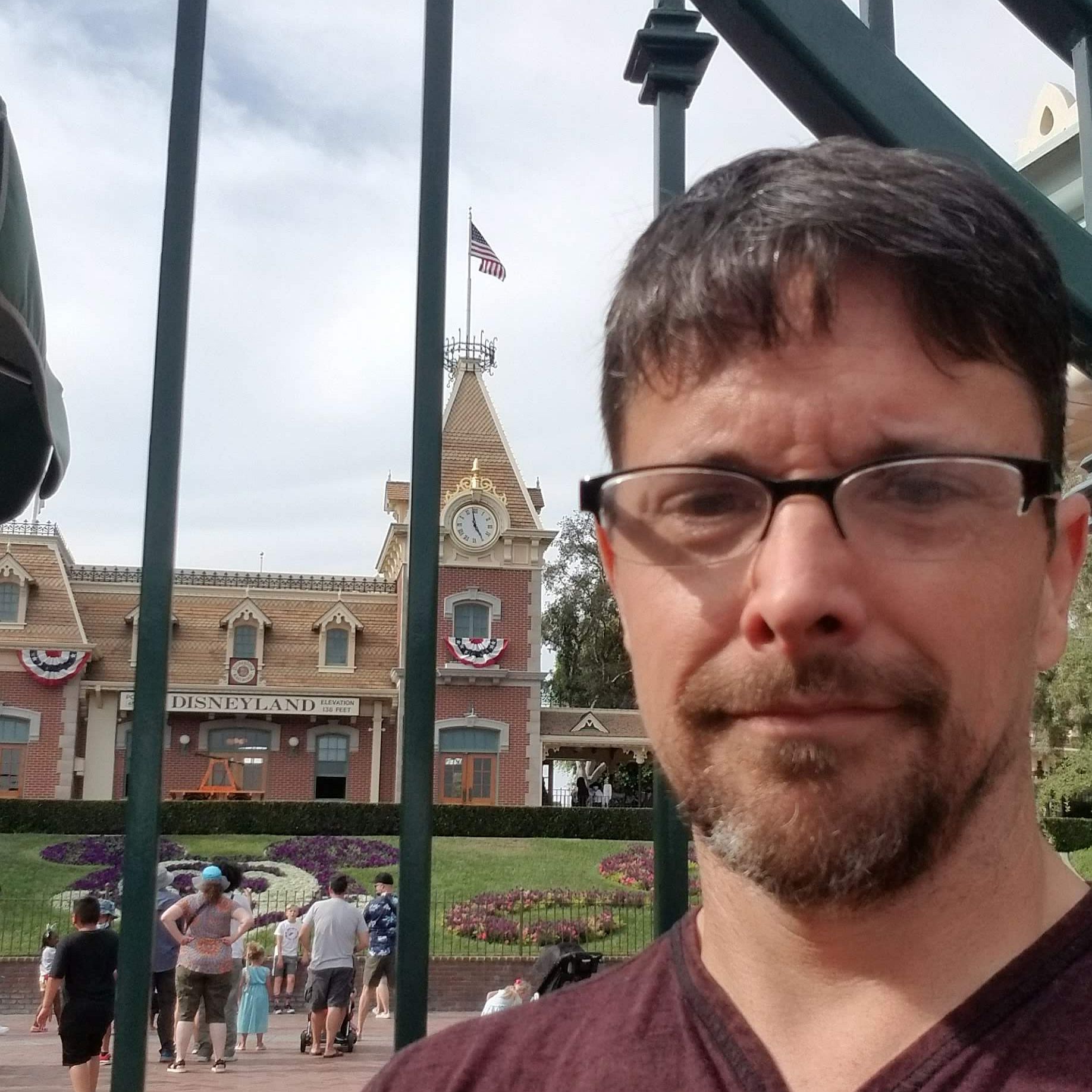
CinemaBlend’s resident theme park junkie and amateur Disney historian, Dirk began writing for CinemaBlend as a freelancer in 2015 before joining the site full-time in 2018. He has previously held positions as a Staff Writer and Games Editor, but has more recently transformed his true passion into his job as the head of the site's Theme Park section. He has previously done freelance work for various gaming and technology sites. Prior to starting his second career as a writer he worked for 12 years in sales for various companies within the consumer electronics industry. He has a degree in political science from the University of California, Davis. Is an armchair Imagineer, Epcot Stan, Future Club 33 Member.
